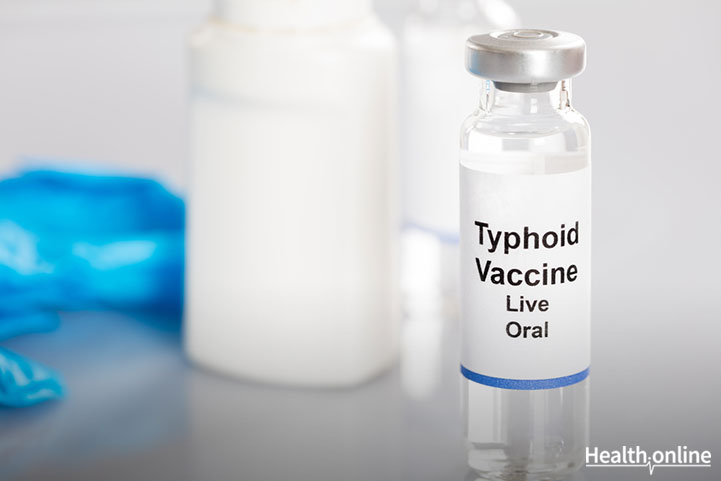
Typhoid Fever Vaccine
Rationale
Typhoid fever is caused by a microorganism known as Salmonella typhi. You get this infection through the foods that you eat and the water that you drink. More often than not, this infection can be traced to a human carrier. In another saying, if the foods and water that you consumed were contaminated by a human carrier of Salmonella typhi, you will contract the infection.
The incubation period of typhoid fever ranges from 3 to 60 days, depending on the size of the inoculum and the state of your immunity. This means that if the quantity of the microorganism that you took in was significantly large and that your immunity is weak, then you will easily get the infection.
The disease presents with a step-like daily increase in temperature to 40 to 410C, associated with a headache, malaise, and chills. With proper management, you could recover from the disease. However, if not properly managed, complications will set in, such as the perforation of your intestine. If this happens, you may die. This is the reason why you need to avail of this vaccination.
Generic and brand names
Generic name is: Polysaccharide typhoid vaccine. Brand name is: Typhim Vi.
Composition of the vaccine
The active substance is Polysaccharides of Salmonella typhi (Ty2 strain – 25 micrograms for one dose of 0.5 ml). The other ingredients are Phenol and a buffer solution containing sodium chloride, disodium phosphate dihydrate, sodium dihydrogen phosphate dihydrate and water for injections.
Mechanism of action
When this vaccine is injected into you, your body will produce antibodies that will fight microorganisms, Salmonella typhi, causing typhoid fever.
Schedule of administration
Single injection at elected date will ensure your protection. However, if your risk of exposure continues, you can be revaccinated after 2 years.
Indications and usage
This medicinal product is a vaccine indicated for the prevention of typhoid fever in adults and children over 2 years of age. It is especially indicated for travelers to endemic areas, migrants, health care professionals, and military personnel.
Precautions
- If you are allergic to any component of this vaccine, then tell this to your medical doctor who will then decide whether to give you the vaccine or not;
- If you are presently suffering from fever, an acute disease, a progressive chronic disease, the administration of this vaccine should be postponed;
- This vaccine should never be administered via the intravenous route. Ensure that no blood vessel has been penetrated by the syringe needle before injecting this vaccine.
Possible Side effects
- Local injection site reactions (pain, swelling, redness)
- Rare general reactions (fever, tiredness, headache, malaise, joint and muscle pain, nausea, abdominal pain)
- Very rare allergic reactions: itching, skin rash, urticaria
Dosage and mode of administration
You will be injected with a prefilled syringe containing 0.5 ml of the vaccine via the intramuscular or subcutaneous route.




